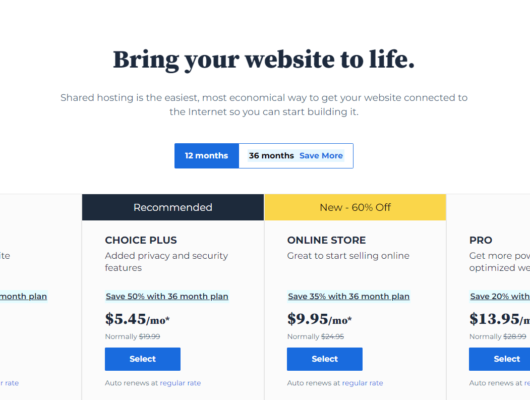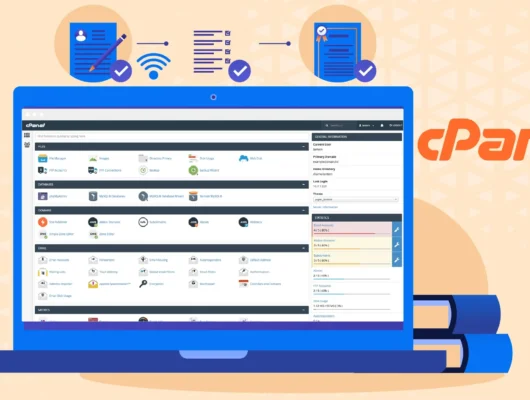In the bustling world of e-commerce, the success of an online store is intricately tied to the hosting solution it relies upon. The right online store hosting can be the linchpin for a seamless shopping experience, ensuring optimal performance, security, and scalability.
This article explores the multifaceted landscape of online store hosting, shedding light on crucial considerations and empowering businesses to make informed decisions for their digital storefronts.
Shared Hosting
Shared hosting serves as an entry point for emerging online stores with a modest budget. In this setup, multiple websites share resources on a single server, making it a cost-effective choice for startups.
However, it may have limitations in terms of performance, suitable for businesses with moderate traffic and simpler hosting needs.
Virtual Private Server (VPS)
VPS hosting strikes a balance between shared hosting and dedicated servers. By creating virtual partitions on a physical server, VPS hosting provides dedicated resources to each virtual server.
This solution is ideal for businesses that have outgrown shared hosting and require a more scalable and customizable environment.
Dedicated Hosting
Dedicated hosting offers an exclusive server for a single online store. This provides maximum performance, enhanced security, and the ability to handle high traffic volumes.
Established online businesses with significant traffic and specific resource requirements often find dedicated hosting to be the optimal solution.
Cloud Hosting
Cloud hosting leverages a network of virtual servers, offering flexibility and scalability. Resources are distributed across multiple servers, minimizing the impact of server failures.
This solution is suitable for businesses with fluctuating traffic patterns, allowing them to scale resources based on demand.
Managed Hosting
Managed hosting extends beyond server provision to include ongoing management and optimization services.
This is advantageous for businesses seeking to offload technical responsibilities to a hosting provider.
Managed hosting ensures that servers are regularly updated, monitored, and fine-tuned for optimal performance.
Content Delivery Network (CDN)
While not a conventional hosting solution, integrating a Content Delivery Network (CDN) is paramount for enhancing online store performance.
CDNs distribute website content across a global network of servers, reducing latency and improving loading times. This integration ensures efficient content delivery to users worldwide.
Security Fortifications
Robust security measures are imperative for online store hosting. This includes implementing SSL certification, firewall protection, and compliance with industry standards such as PCI DSS.
Prioritizing security safeguards customer data, protects against potential threats, and fosters trust among online shoppers.
Scalability and Flexibility
The dynamic nature of e-commerce demands hosting solutions that can scale seamlessly with growth.
An online store hosting choice should be flexible enough to accommodate increased website traffic, expanding product catalogs, and additional features without compromising performance or user experience.
Read more about E-commerce hosting…
Conclusion
Selecting the right online store hosting solution is a pivotal decision that shapes the trajectory of an e-commerce business.
Each hosting option presents unique features and benefits, catering to businesses of varying sizes and aspirations.
Whether opting for shared hosting, VPS, dedicated hosting, or exploring advanced solutions like cloud hosting, managed hosting, or CDN integration, businesses must align their hosting choice with their current needs and future growth plans.
By navigating the diverse landscape of online store hosting with a comprehensive understanding of available options, businesses can establish a resilient digital storefront that delivers seamless experiences and drives success in the competitive e-commerce arena.






